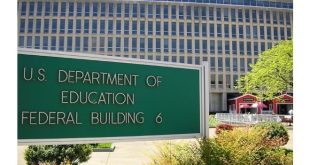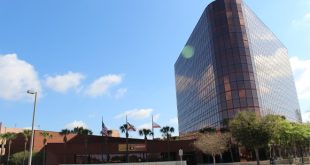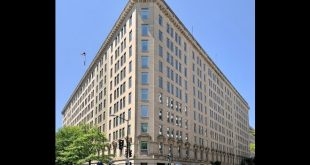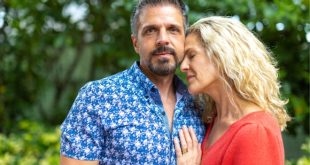In the summer of 2020, Calvary Chapel Dayton Valley Church in Nevada filed a lawsuit against the state, challenging Governor Steve Sisolak’s executive order that banned church gatherings. Calvary claimed the order treated church gatherings differently than secular gatherings.
During the state’s COVID re-opening, Governor Sisolak allowed restaurants and stores to operate at 50 percent capacity, but churches were restricted to gatherings of no more than 10 people. The state even allowed close-contact businesses like hair salons and barbershops to re-open at 50 percent capacity.
After the Trump administration sent Gov. Sisolak a letter criticizing him for treating churches unfairly, he raised the church attendance number to 50 people.
Alliance Defending Freedom (ADF), which represented Calvary, released a video recorded after casinos re-opened in Nevada. The governor considered church gatherings of more than 50 people a bigger threat than this scene:
Nevada Casinos Reopening – with credits from ADF Media Relations on Vimeo.
There were plenty of churches and individual Christians complaining about this and other unequal treatment. Why did the government come down so hard on church gatherings but allowed every other kind of gathering?
The U.S. Supreme Court recently rejected an appeal from a coalition of red-state governors to maintain Title 42, a Trump-era public health order that allowed the CDC to bar foreigners infected with communicable diseases from entering the U.S. and order rapid deportation without a hearing.
The decision is a terrible one for law and order and safety, but Justice Neil Gorsuch used the opportunity to mention what closing down our country during the pandemic meant for individuals.
Justice Gorsuch agreed with the court’s decision that the current crisis at the southern border is not a COVID crisis. Then he released a statement (PDF) after the court’s ruling (emphases added):
“Since March 2020, we may have experienced the greatest intrusions on civil liberties in the peacetime history of this country. Executive officials across the country issued emergency decrees on a breathtaking scale. Governors and local leaders imposed lockdown orders forcing people to remain in their homes. They shuttered businesses and schools, public and private. They closed churches even as they allowed casinos and other favored businesses to carry on. They threatened violators not just with civil penalties but with criminal sanctions too. They surveilled church parking lots, recorded license plates, and issued notices warning that attendance at even outdoor services satisfying all state social-distancing and hygiene requirements could amount to criminal conduct. They divided cities and neighborhoods into color-coded zones, forced individuals to fight for their freedoms in court on emergency timetables, and then changed their color-coded schemes when defeat in court seemed imminent.”
Justice Gorsuch wrote about what fear and the desire for safety, which are powerful forces, as he said, cost us. Some willingly gave up their civil liberties to freely worship, debate public policy without censorship, to gather with family and friends — the list goes on.
“Make no mistake—decisive executive action is sometimes necessary and appropriate. But if emergency decrees promise to solve some problems, they threaten to generate others. And rule by indefinite emergency edict risks leaving all of us with a shell of a democracy and civil liberties just as hollow.”
The entire eight-page (PDF) statement is worth reading.
Never again. Join us in the fight to protect our civil liberties and help spread the word.
 CURE News and Clergy Blog News and Commentary for Christians
CURE News and Clergy Blog News and Commentary for Christians



